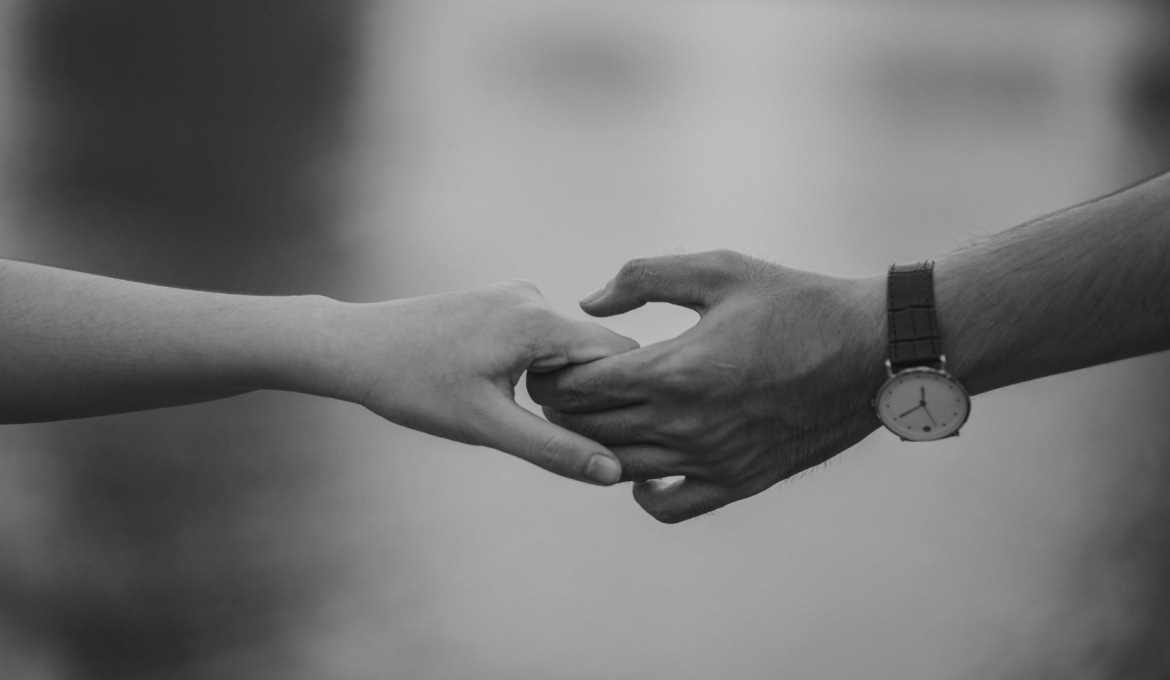If it’s meant to be, it’ll be, it’ll be
Baby, just let it be
If it’s meant to be, it’ll be, it’ll be
Baby, just let it be
So, won’t you ride with me, ride with me?
See where this thing goes
If it’s meant to be, it’ll be, it’ll be
Baby, if it’s meant to be
Sorry if it got that song stuck in your head. The radio has been playing this song every hour for the last 3 months (or so seems) to drill it into our heads.
However, the problem is less with it being stuck in your head and more with what truth it holds. Or lack thereof. And if we’re really honest, we actually believe that love and relationships work this way.
What Culture Has Taught Us About Love
I’m not trying to call out this specific song because many pop culture songs radiate the same message of:
- If you’re supposed to be together, it will happen.
- Love will work itself out.
- If it’s meant to be, it will be.
The underlying message is that we’re passive participants in love. We’re personifying “love” as this third-party who ultimately dictates the outcome of the relationship. We have no control over the “natural forces” of relationships and therefore the moment we sense a decline, we’re free to leave. It’s simply love not working in our favor.
How convenient to absolve ourselves of responsibility and yield to the mercy of “love”.
The other thing about love and relationship songs? They’re often one-sided perspectives and oftentimes are portrayed as the victim (with the exception of “Hello” by Adele). Love didn’t work out because it’s not something we did, but something the other person did. You’ll find very few songs where the ex-lover is admitting fault.
And we’re on a steady diet of these messages about love, whether we intend it or not.
No wonder love is so hard.
Where’s the Shift?
I would lose your attention if I went into great detail of what it takes to make a relationship work, however, here’s my attempt at brevity.
Recognize what models or marriage and relationships you hold. Very few of us have good models of healthy relationships/marriages even if we came from happy homes. Our “default” mode is to resort to what was modeled to us. And even if we had a great example, who’s to say the same is true of your significant other?
Figure out what you want for your relationship and start to work at removing the things you don’t want. Know that this will require you to look more deeply at your flaws and work through them. The realization can be hard, but leaving it unattended is far worse.
From there, began to seek wise counsel in which you want to model your relationship. This could come in the form of friends, relatives, counseling, books, workshops, etc.
I truly believe we all long for deep, meaningful relationships. And like any good endeavor, it takes work. You can’t just sit it out and see if it’s “meant to be.”






Cam, I love that you posted about this. I have mulled over what true commitment means for the past few years.
At what point does commitment happen? Definitely before we walk down the aisle, right? Where do choice and free-will challenge our ability to stay together? The only version of commitment that I can understand is the one God has for us through unconditional love. No matter what happens or what we do, He never leaves us. To manifest this in our relationships, I wonder how this has transformed the way people go about dating and marriage.
xoxo, thanks again!
Hey Carlyn, sorry it took so long to respond! I think commitment is (hopefully) before marriage AND around the same time for both parties. After marriage, it’s a daily thing because I’m a big believer that the small things we do affect the overall being.
And you’re right, the commitment and unconditional love of Jesus is the perfect model of self-sacrificial love. To be the best at loving our significant other, we need to fully understand that concept and receive it. After all, you can’t give what you don’t have.